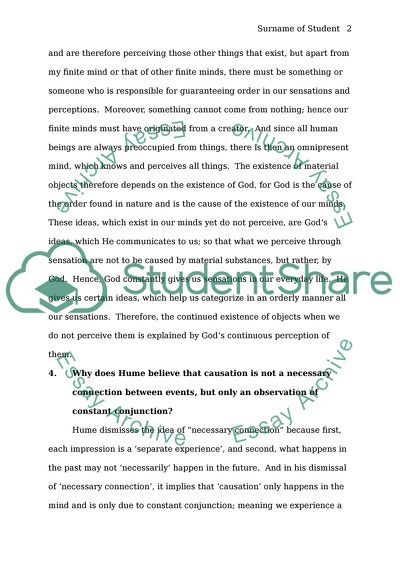Cite this document
(“Take-Home Final Exam Questions Assignment Example | Topics and Well Written Essays - 1250 words”, n.d.)
Retrieved from https://studentshare.org/family-consumer-science/1419754-take-home-final-exam-questions
Retrieved from https://studentshare.org/family-consumer-science/1419754-take-home-final-exam-questions
(Take-Home Final Exam Questions Assignment Example | Topics and Well Written Essays - 1250 Words)
https://studentshare.org/family-consumer-science/1419754-take-home-final-exam-questions.
https://studentshare.org/family-consumer-science/1419754-take-home-final-exam-questions.
“Take-Home Final Exam Questions Assignment Example | Topics and Well Written Essays - 1250 Words”, n.d. https://studentshare.org/family-consumer-science/1419754-take-home-final-exam-questions.


